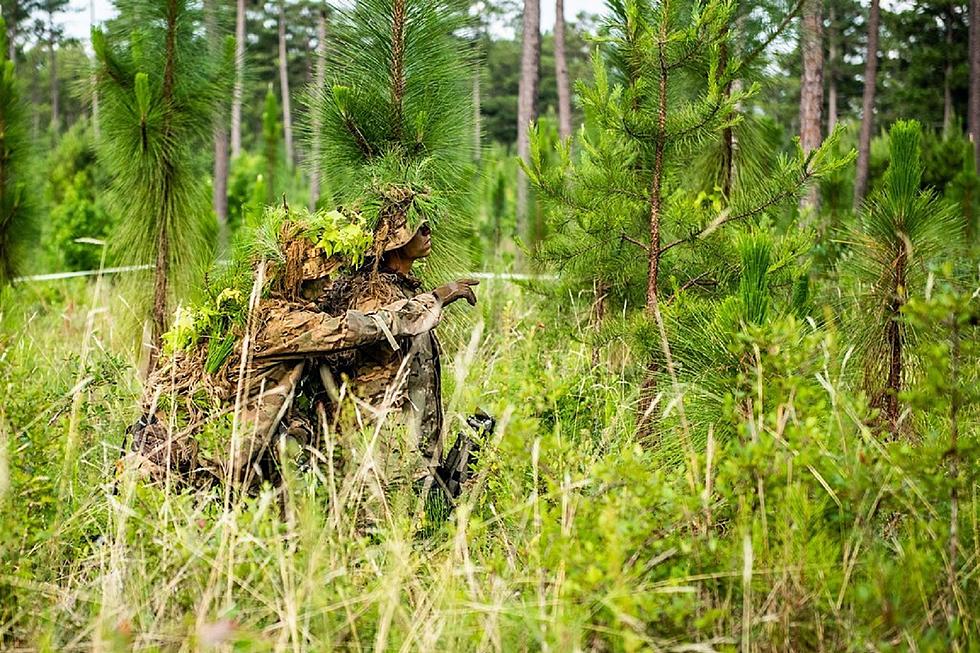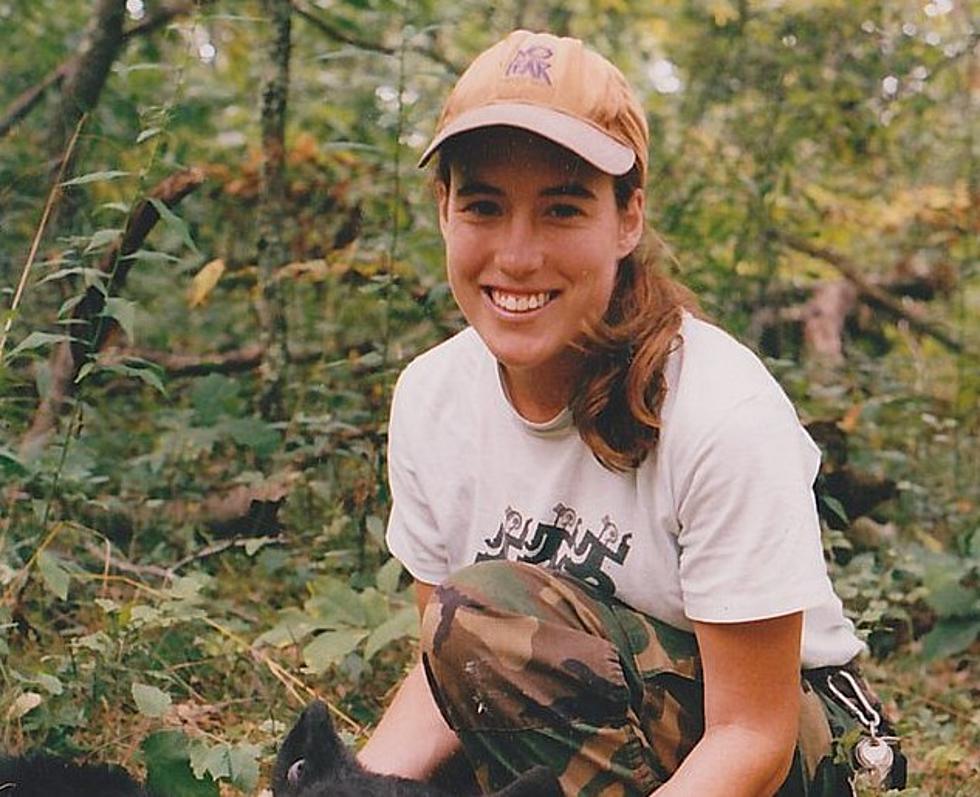
Understanding Rural: MSU Education Students Gain Field Experience
BOZEMAN — Montana State University education student Sydney Browning, who grew up in a town of less than 1,000 in northern California, knew when she began studying education that she’d like to teach in a rural community.
“Where I grew up, I knew everybody,” Browning said. “I knew my teachers outside of school. As an adult pursuing my degree in education, I always knew I wanted to be in a more rural teaching situation because I know how close-knit rural communities can really be.”
A recent rural practicum she completed in Glendive (which has a population of just over 5,000) solidified Browning’s decision to pursue a career as a rural schoolteacher.
“Being in Glendive was awesome,” said Browning, a third-year student whose family now lives in Big Timber. “It was a really positive experience for me.”
Browning was one of 14 MSU education students who traveled to Glendive in March during the university’s spring break to participate in a rural practicum teaching experience. The trip was supported by the Margaret A. Cargill Philanthropies.
The students who visited Glendive are in various stages of their degree programs, according to Marcie Reuer, an assistant teacher professor in the Department of Education who led the trip along with associate professor Tena Versland. For some students, the trip to Glendive was their first significant field experience, while others had already completed a teaching practicum. Most of the students are studying to become elementary and middle school teachers, while one student is studying for a career as a high school teacher. About half of the students already had some familiarity with small towns, while the other students had never visited or lived in a small, rural community.
While in Glendive, the students got hands-on experience working at the elementary, middle and high school levels, with each student assigned to one classroom and a host teacher. Depending on the needs of their assigned classroom, some of the students acted as the teacher for the week, while others led selected lessons independently or in collaboration with the host teacher. Many of the students were in contact with their host teachers in advance of the trip; some even met their students via Zoom before traveling to Glendive.
Browning noted that, for her, the experience provided important insights. Not only did it confirm her desire to teach in a rural community, but it also challenged her idea of what grade level she would like to teach.
“Prior to the Glendive experience I had always had this idea that the oldest possible grade I wanted to teach was first,” she said.
But in Glendive, she was placed in a middle school setting, teaching eighth grade STEM and sixth grade math. She was nervous about the placement – but now, as it turns out, she aspires to be a middle school teacher.
“I have always struggled with math,” Browning said. “But while I was there, I realized that having that kind of an outlook and going through natural struggles of learning math was actually extremely beneficial.
“I was able to connect with all of the kids through those struggles,” Browning continued. “We could work through the challenges together, and when I was able to explain something and a kid understood it, I was able to understand what that felt like, too.”
Reuer said the rural practicum was designed to provide students with an opportunity to understand what it’s like to teach in a rural setting and diversify their teaching experiences.
“Having diverse experiences in the classroom helps you become a better teacher,” Reuer said.
She added that the program is also meant to help address teacher shortages in rural Montana. Reuer noted that a majority of the 14 students who traveled to Glendive expressed an interest in student teaching or pursuing a full-time teaching job in a rural setting.
Part of their desire might stem from a better understanding of what day-to-day life in a small community would be like, Reuer said. After concluding work in the schools each day, the students, Reuer and Versland – who all stayed in a local hotel and ate meals together while there – spent time exploring the area. Their adventures included visiting local shops, taking part in an escape room, axe throwing and hiking in Makoshika State Park.
“We made it a focus to explore the town and see the assets of a rural place,” Reuer said. “The students saw firsthand that there are a lot of great things to do.”
The host teachers said the students brought benefits to their classrooms.
“The practicum students left an impact in my classroom,” said Jasmin Winchell, who teaches fourth grade in Glendive. “They brought some fresh lesson ideas to the classroom that were hands-on and engaging. My class is still talking about the potential and kinetic energy lesson that Ms. Baylee Blake taught them with Hot Wheels.”
Donnetta Schaaf, who teaches 6th and 7th grade history, said she appreciated that the MSU student she hosted in her classroom was willing to step right in.
“It's obvious she has been well prepared to be a teacher, because things went smoothly and she managed the classroom with a balance of both good efficiency and great rapport with the students, which can be a difficult balance for some,” Schaaf said. “She had great ideas to implement and add to my existing methods, and her enthusiasm and passion for teaching was obvious.”
Reuer said that the rural teaching experience has been offered to MSU students during spring break for several years, with students previously traveling to Bainville, Chinook, Cut Bank, Fairview, Froid, Havre, Lambert, North Star Schools, Richey, Savage, Shelby and Sidney, among other Montana communities. The opportunity is just one of many ways MSU prepares students to be ready to succeed as teachers in small communities while working to address a shortage of teachers in rural areas, noted Alison Harmon, dean of the College of Education, Health and Human Development.
“There is nothing like being there in person to see what it might feel like to be an educator in a rural school,” Harmon said. “This is where teaching methods theory and application collide, and with plenty of time for reflection, students can consider whether they are classroom, school and community ready.”
Reuer hopes the experience helps students understand the wonderful possibilities that come with teaching in rural communities.
“Teachers in rural communities can have a lot of autonomy and develop strong relationships with students and members of the community,” Reuer said. “There are a lot of assets in rural communities.”
- by Anne Cantrell, MSU News Service -
More From KSEN AM 1150









